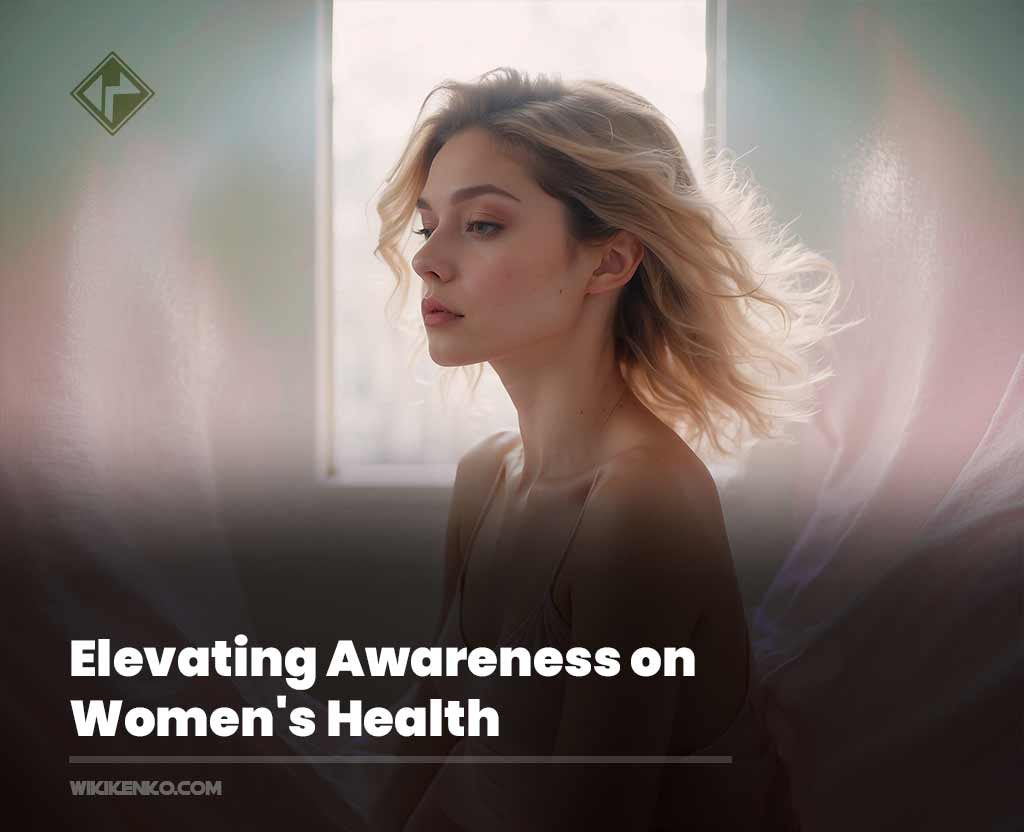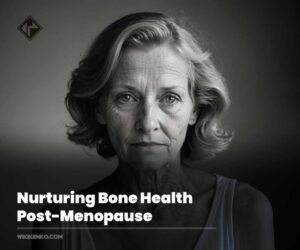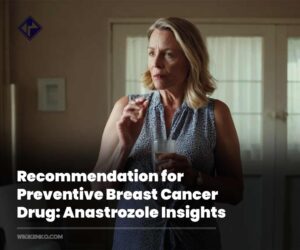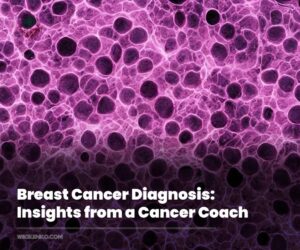This week at the World Economic Forum in Davos, the Global Women’s Health Index took center stage, providing a comprehensive evaluation of women’s health worldwide. Germany secured a commendable fourth position, signifying a notable standing in the global rankings. However, beneath the surface, the results underscore the imperative for enhanced preventive measures.
Conducted annually by the medical technology company Hologic®, the Global Women’s Health Index is crafted based on a survey encompassing over 147,000 women and men across 143 countries and regions. Germany, alongside Austria, secures a total index score of 67 out of a possible 100 points. Surprisingly, Taiwan and Kuwait lead the rankings, occupying the first and second positions.
Insights into Preventive Healthcare Disparities
Despite Germany’s commendable standing, the findings shed light on inadequacies in preventive healthcare offerings globally. A mere 13 percent of surveyed women and girls in Germany reported being tested for a sexually transmitted disease in the past year.
Diabetes screening, a crucial preventive measure, reached only one-third of the female population, contrasting with a global average of 19 percent. Similarly, 60 percent underwent testing for high blood pressure, a figure notably higher than the global average of 36 percent. Stephen P. MacMillan, President and CEO of Hologic, issues a call to global leaders, emphasizing that investments in women’s health yield benefits not only for individual women but also for their families, communities, and economies at large.
Unveiling the Unexplored Territory: Emotional Well-being
The report underscores the often-overlooked facet of emotional health. More than a quarter of women and girls reported experiencing worries, stress, or sadness on the preceding day. Notably, the survey reveals a concerning seven-percentage-point decline in reported sadness compared to the previous year, while concerns and stress showed marginal improvement. Alarmingly, almost a third of respondents feel unsafe when navigating alone at night.
Another noteworthy revelation pertains to health-related impediments, with 24 percent of German women acknowledging health issues hindering their participation in routine activities. Additionally, 27 percent reported experiencing pain on the day preceding the survey.
Summary and Conclusion
In conclusion, the Global Women’s Health Index highlights both achievements and challenges in women’s health. While Germany secures a commendable position, the disparities in preventive healthcare and the concerning state of emotional well-being advocate for sustained efforts globally. Prioritizing investments in women’s health emerges not only as a medical necessity but also as a strategic imperative for societal well-being.
| Key Metrics | Germany | Global Average |
|---|---|---|
| Sexually Transmitted Disease Testing | 13% | N/A |
| Diabetes Screening | 33% | 19% |
| High Blood Pressure Testing | 60% | 36% |
| Emotional Well-being (Worries, Stress, Sadness) | 27% | N/A |
| Feeling Unsafe Alone at Night | 30% | N/A |
| Health-Related Impediments | 24% | N/A |
| Pain Experienced on Previous Day | 27% | N/A |
Table: Comparative Analysis of Women’s Health Metrics – Germany vs. Global Average
Original source: This information was Initially covered by pharmazeutische-zeitung and has been translated for our readers.




